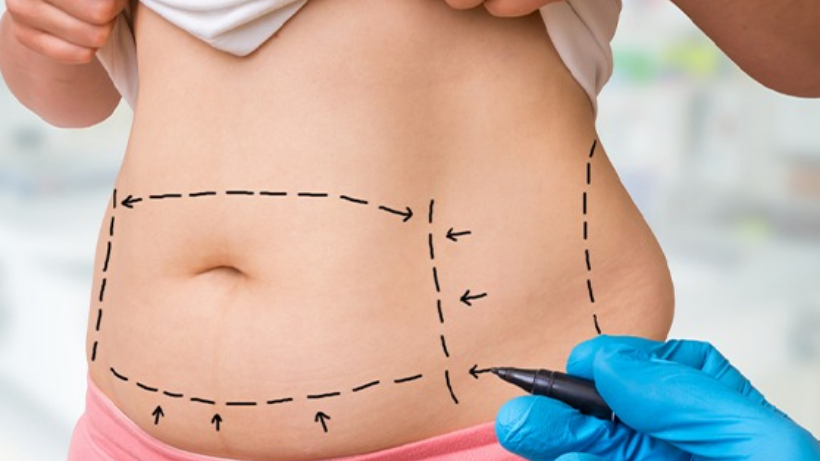
Does Tummy Tuck Cause Stomach Issues?
06 Apr, 2022
Overview
Tummy tuck or abdominoplasty is done to tighten the loose skin and muscle as well. This is a cosmetic surgery done to improve the overall appearance of the belly area of the candidate. Like every other procedure, a tummy tuck also has some complications that may arise if you have had this surgery. You may suffer from some gastrointestinal problems after a tummy tuck. But before knowing about the same, let’s look into why a tummy tuck is done in the first place.
What is a tummy tuck? Why is it done?
Aside from removing excess skin and fat, the cosmetic surgeon may use sutures to tighten the connective tissues of the abdomen. The entire goal of the operation is to give the abdomen a more toned and sleek appearance.
Transform Your Beauty, Boost Your Confidence
Find the right cosmetic procedure for your needs.

We specialize in a wide range of cosmetic procedures

Can a tummy tuck cause gastric problems?
There are fewer complications that may occur after tummy tuck surgery. However, the benefits have outweighed the risk of the same. On the other hand, if you have other digestive issues like GERD, urinary incontinence, the pressure inside the tummy may get raised temporarily.
As per our cosmetic surgeon, the stomach issues that may happen include-
- Upper abdomen bulge- a soft bulge or swelling at the upper belly area. This may happen due to significant tightening of the lower abdomen during the surgery.
- Compartment syndrome in the abdomen- this may happen due to increased abdominal pressure after abdominoplasty.
Low blood pressure, respiratory problems, abdominal distension, and reduced urine are some of the symptoms.
When the rectus abdominis muscles are not returned to their natural anatomical positions by the surgeon, this can happen. This has been most commonly encountered in the RAFT(rectus abdominis fat transfer) procedure.
- Swelling- one of the most common GI (gastrointestinal) symptoms that can happen after a tummy tuck. It will go on its own after four to six months. Even after that, if this persists, you should consult your surgeon immediately.
- Infection- it's a rare complication, infection can happen from the suture or stitch itself i.e placed after surgery.
You may experience fever, redness, swelling in the affected area.
This may happen only if-
Most popular procedures in India
Atrial septal defect
Upto 80% off
90% Rated
Satisfactory

Coronary Angiogram a
Upto 80% off
90% Rated
Satisfactory
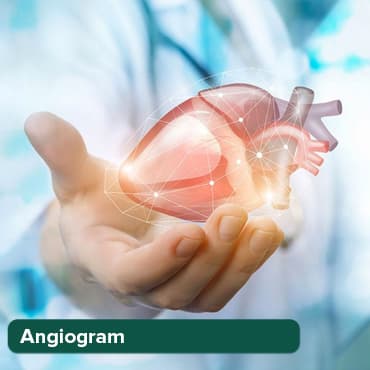
Coronary Angiogram C
Upto 80% off
90% Rated
Satisfactory
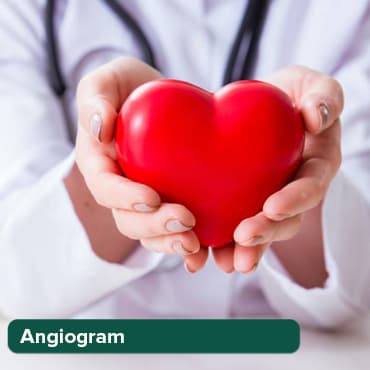
Liver Transplant
Upto 80% off
90% Rated
Satisfactory
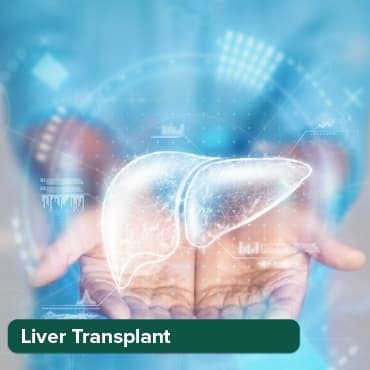
Total Hip Replacemen
Upto 80% off
90% Rated
Satisfactory
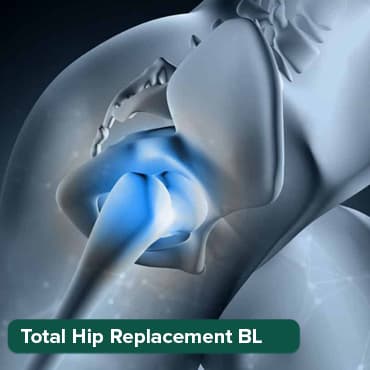
- The patient is allergic to the prescribed antibiotics and skipped his/her medicines.
- Antibiotics are not given before the surgery
- The patient has a history of previous MRSA( methicillin-resistant staph aureus), an infection that needs intensive treatment.
- Fluid accumulation - Fluid collection in the gap between the abdominal skin and the muscle beneath it. A seroma (collection of wound fluid) or hematoma (collection of blood) are two types of fluid buildup.
When nothing is done to avoid it, fluid accumulates. The candidate must wear compression garments for at least a few weeks following the treatment to prevent such consequences.
Fluid pads can be placed over the area that is prone to fluid accumulation.
However, a tummy tuck will not affect digestion once it has been healed. Immediately after surgery, you may feel bloating, swelling, or constipation that might go away with time.
Why should you consider getting a tummy tuck in India?
India is the most favored place for cosmetic and bariatric procedures for a few major reasons. And if you are searching for the best tummy tuck surgery hospital in India, we will help you out to find the same.
- India's cutting-edge reproductive techniques,
- medical skills,
- Multidisciplinary approach
- Patient rehabilitation services
- Advanced medical equipment
- All our partner hospitals have fulfilled all the criteria for NABH accreditation including quality care of patients, hospital infection control, and many others.
- Abdominoplasty cost in India is among the best in the world, as our patients need affordable and quality outcomes.
All these have significantly increased the success rate of tummy tuck in India.
Conclusion-By simply packing their medical journey to India, liver transplant treatment can substantially benefit the patient. We also offer a comprehensive range of counseling for coping with emotional changes to our international patients.
How can we help in the treatment?
If you are in search of a tummy tuck hospital in India, we will serve as your guide throughout your treatment and will be physically present with you even before your treatment begins. The following will be provided to you:
- Opinions of expert physicians and surgeons
- Transparent communication
- Coordinated care
- Prior appointment with specialists
- Assistance in hospital formalities
- 24*7 availability
- Arrangement for travel
- Assistance for accommodation and healthy recovery
- Assistance in emergencies
We are dedicated to offering the highest quality health care to our patients. We have a team of highly qualified and devoted health professionals that will be by your side from the beginning of your journey.
Wellness Treatment
Give yourself the time to relax
Lowest Prices Guaranteed!

Lowest Prices Guaranteed!




